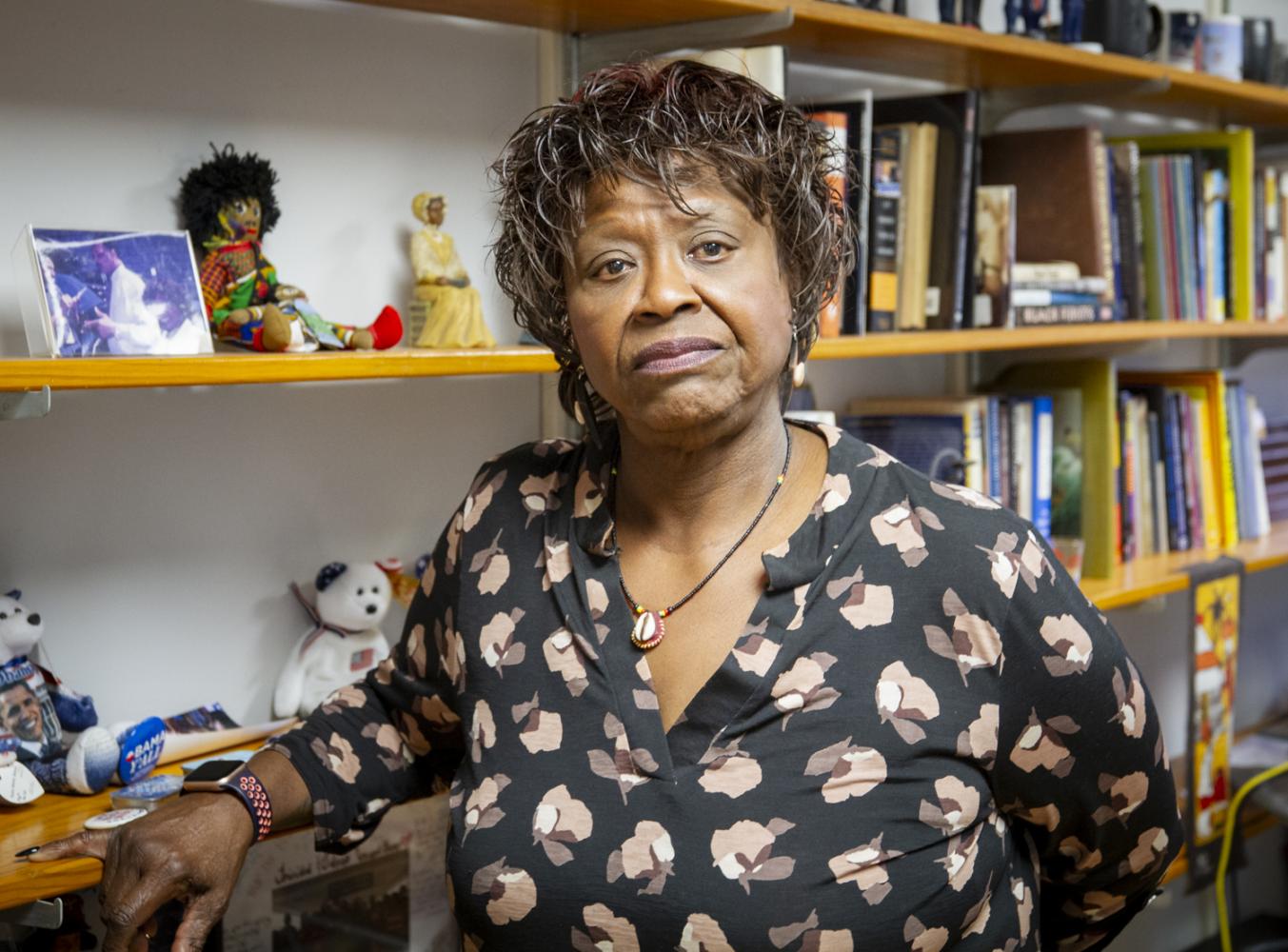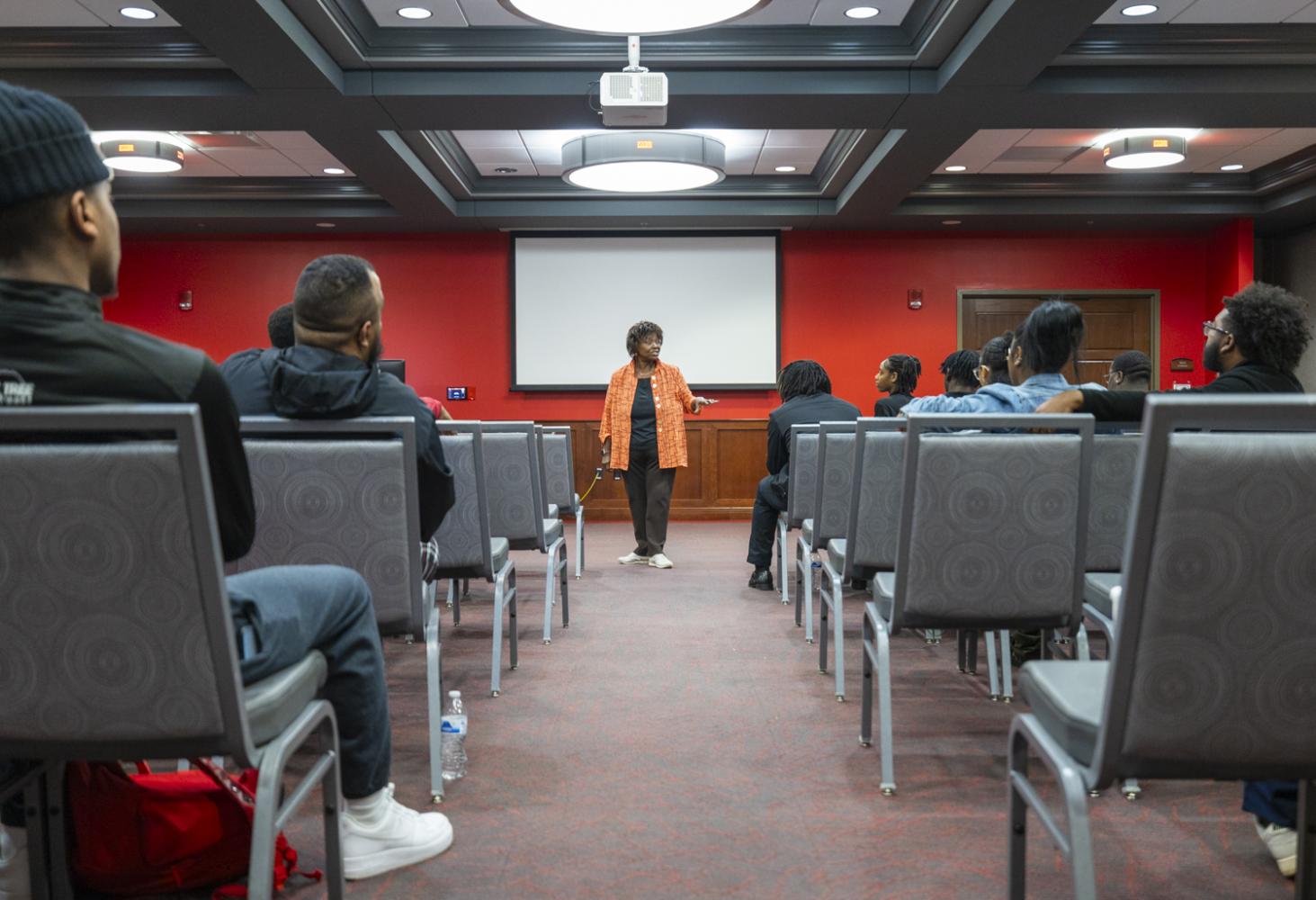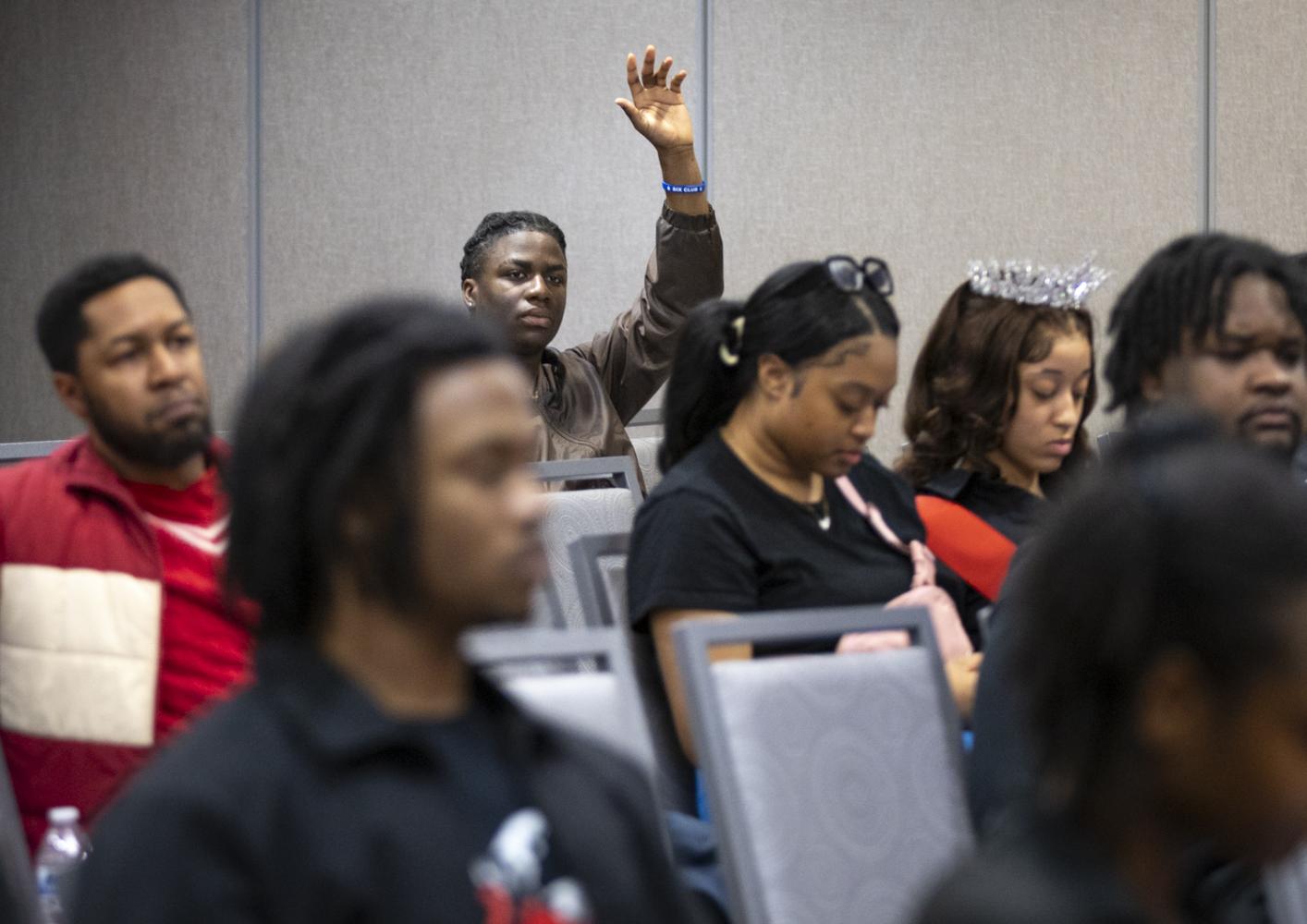Editor’s Note: A previous edition of this article’s headline incorrectly stated that Senate Bill 6 was passed. As of April 9, the bill has not been passed. The Talisman regrets this error.
Senate Bill 6 has ignited a debate across Kentucky, garnering attention from policymakers and the academic community. This bill aims to restrict the teaching and discussion of certain concepts related to race and sex in public school curricula, specifically, which are concepts described as “discriminatory.” It also aims to restrict funding to organizations surrounding diversity, equity and inclusion, or DEI.
Within Senate Bill 6, “discriminatory concepts” are defined as concepts that promote divisiveness or assign fault, blame, or guilt to individuals based on their race or sex. For example, the first definition of a discriminatory concept states, “One (1) race or sex is inherently superior or inferior to another race or sex.”
Senate Bill 6 is sponsored by Mike Wilson, who serves as the representative for Bowling Green in District 32. This bill has already passed through the Senate and is awaiting approval after being amended. The amendments include changing the term “underrepresented minority student” to “underrepresented student,” and adding the terms that outline restricted funds to DEI initiatives, which were previously stated in House Bill 9.
Saundra Ardrey, a political science professor at WKU, said that this bill counteracts the progress made within the realm of diversity and equitable inclusion. She said she feels that this bill will threaten the ability to learn valuable skills surrounding DEI that can be used in someone’s daily life.

“That’s what worries me, that you’re not going to be able to have these kinds of conversations and gain the skills on how to make this work out there in the public sphere,” Ardrey said.
When she first heard about the bill, she felt fear over the possibility of lost progress due to the bill’s enactment.
“I was just afraid that we’re now having to protect what we thought we had already won,” Ardrey said.
Ardrey said that one of the reasons she went into education was to introduce younger generations to different cultures and foster an appreciation for them. Within her 35 years of teaching, she has seen growth in the acceptance of diversity.
“We were getting more initiatives, more policies and more acceptance of this idea that diversity was a good thing,” Ardrey said.
Ardrey said that, as time passed, marginalized students felt more comfortable with becoming involved in social, political and economic spaces. However, she said that she believed this progress began to threaten the patriarchy, a social system in which power and authority are held by men and dominate societal norms, laws and institutions.
“That began to threaten, I think, the white patriarchy,” Ardrey said. “And as a consequence, we see the pushback on diversity.”
Ardrey said that she calls this “the politics of losing.” She said that “the politics of losing” is what happens when privileged communities and those who are in the majority feel that they are losing their place in the status quo, which is typically a high level of socioeconomic and political power.

African American Louisville senior Avery Wells said he feels that the reason creators of the bills don’t want people talking about these issues is because it would reveal the disparities that occur within higher education against minorities. For instance, Wells said that faculty will not be able to teach students that men are more privileged than women.
“We know that it’s true,” Wells said. “If it wasn’t true, then there would never have been a women’s suffrage movement so that women could have the right to vote.”
Ardrey said that the goal of diversity is to ensure that everyone feels equal and accepted. However, she said that one of the ways that privileged communities and the socioeconomic and political majority are pushing back is by attempting to pass anti-DEI bills.
“So, you have this pushback, you know, saying that diversity is not serving the purpose, and is not serving the goal,” Ardrey said.
Ardrey said that the bill states that faculty cannot talk about divisive issues. She said she feels the creators of the bill hold the belief that the reason people are conflicted and divided is because these issues are continuously being discussed.
“The idea is to not talk about it so much, and then it’ll go away,” Ardrey said.
Ardrey said that Senate Bill 6 does not support talking about issues that place blame on the structures and institutions that influence society, or systems, for past injustices, nor can faculty say that the past injustices are affiliated with the present. She said that students and faculty might be able to place blame on a single entity, but cannot do the same for systems.
“For example, we can say the Ku Klux Klan is racist, but you can’t say the American political system is racist,” Ardrey said.
Senate Bill 6 also allows students to file a lawsuit against faculty members who violate these rules. The students can be awarded no less than $1,000 and up to $100,000 per incident paid by the faculty members. Ardrey said that many faculty members are concerned because they don’t know the full extent of restrictions this bill may impose.
“The scary thing about this is we don’t know what this means. We don’t know what we can and cannot say in our discipline,” Ardrey said.
Due to this, faculty members who work with DEI initiatives have expressed concerns about not knowing exactly how much these bills will affect the faculty and student body.
Amelia Kolb, assistant director of student activities, said that she feels the bill will further limit students who already struggle with discussing these issues.
“I do think there is a culture of people already afraid to talk about certain sensitive topics, and I think that this bill may contribute to that,” Kolb said.
Kolb also said she’s worried about the DEI initiatives that will be struck in the aftermath of the bill. After the amendments, Senate Bill 6 will revoke funding for DEI initiatives and organizations, such as the Intercultural Student Engagement Center, Queer Student Union and Black Student Union. Ardrey emphasizes the broad impact of this change on numerous organizations.
“Anything that is getting money from Western that has to do with diversity will not be allowed,” Ardrey said.
Wells is involved with multiple DEI organizations such as Why Knot Us Black Male Initiative, and actively serves as the community service director for the National Pan-Hellenic Council, president of WKU’s chapter of Phi Beta Sigma, and the 1st Mister For the Culture through the Intercultural Student Engagement Center.

Wells feels that defunding organizations such as these will create an imbalance in opportunities created for minority students.
“They’re trying to take away the opportunities that have been created for all of us to level the playing field,” Wells said.
Louisville sophomore Gabriel Chambers said he believes the enactment of Senate Bill 6 is the right decision. In a written statement, Chambers said that setting aside funds to advance students within race and sex-based extracurricular groups is unfair.
“Colleges and universities should have no responsibility to advance students only based on their sex and race, and should not be required to fund groups that promote that,” Chambers said.
Chambers also feels that the enactment of Senate Bill 6 affirms the equal protection law under the 14th Amendment, which grants citizenship, equal protection, and due process rights to all persons born or naturalized in the United States.
“Admitting students to a college or university under the reason for satisfying diversity requirements is in violation of the 14th amendment and is not treating everyone equally,” Chambers said.
Nashville junior Arianna Pierson, who is a member of WKU’s chapter of Zeta Phi Beta, said that ignoring and refusing to discuss DEI is not going to improve the status of issues within the academic community.
“It’s taking us back to a place where they don’t have to have accountability for the marginalized communities they hurt,” Pierson said.
Ardrey said that while the University of Kentucky has released a statement opposing the bills, WKU has not done the same. Ardrey said that she was told it was because the university would lose its tax-exempt status if it declared a position.
In a statement from Jace Lux, director of media relations and university spokesperson, he said that the university’s tax-exempt status would not be affected if a statement was made. However, he stated that “as a matter of practice, WKU does not speak in detail about pending legislation publicly for several reasons.”
Ardrey said that university presidents across Kentucky should collaborate to reaffirm academic and intellectual freedom. Pierson, however, feels that the university’s administrators have already made themselves clear on where they stand.
“The university’s silence is complicity,” Pierson said. “We see the kind of culture Western is fostering, and it is not one that supports its diverse populations.”
Ardrey said that her advice to students is to get involved and become politically engaged. She suggests that students reach out to legislators and stay informed on current issues.
“Representative John Lewis once said, ‘When good people do nothing, bad stuff happens.’ And we’re the good people, and we need to speak up,” Ardrey said.
Wells said that it’s important that everyone understands how these bills and politics affect everyone. He touches on the lack of willingness to vote among Black Americans who feel their vote doesn’t matter. However, he encourages them to remain vigilant, stay informed and keep voting.
“If you don’t do politics, politics is still going to do you,” Wells said. “So it’s important that we know what politics is doing to us.”
According to Inside Higher Ed, as of April 2, “the General Assembly didn’t pass the bill in time with enough time left in the session to override a possible veto.” Thus, after this month, the General Assembly won’t have the chance to enact this bill until next January.


